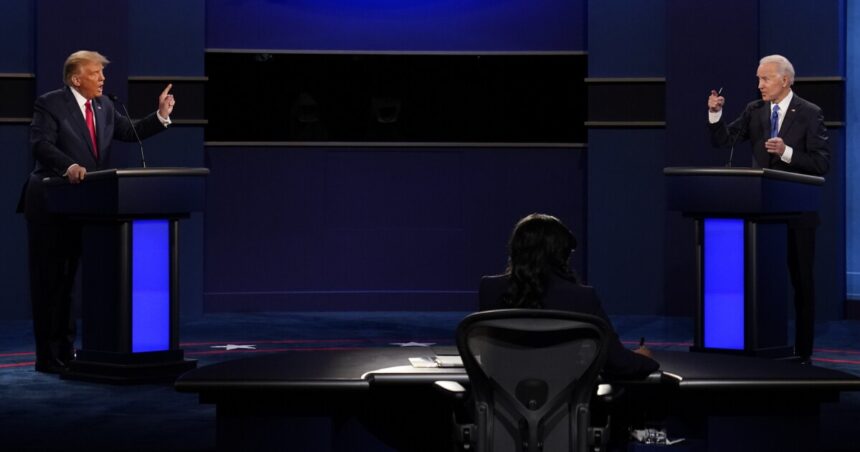The upcoming presidential election will have a significant impact on how the U.S. handles global conflicts, ranging from China to Eastern Europe and the Middle East.
Both President Joe Biden and former President Donald Trump have been highlighting their records and differences on the campaign trail.
“Madeleine Albright was right. We are the essential nation. If we don’t stand up, who does? Who does? If we don’t unite the world, who can in our interest?” Biden said at a campaign event in May.
President Biden has been focusing on democratic values and U.S. global leadership, strengthening alliances in Europe and the Indo-Pacific. However, ongoing conflicts in Ukraine and Gaza have been dominating his foreign policy agenda.
“Russia would have never attacked Ukraine if I were president — never, not even possible. And Israel wouldn’t have happened, the Oct. 7 would have never happened,” Trump stated at a campaign rally.
Trump has criticized Biden’s leadership, claiming conflicts arose because he was not president. During his term, Trump challenged international organizations and agreements like NATO and the United Nations.
According to Spencer Bakich, a senior fellow at the University of Virginia’s Miller Center and professor at the Virginia Military Institute, there is a stark contrast in how Biden and Trump view America’s relationships.
President Biden has supported NATO’s expansion and provided aid to Ukraine against Russia’s invasion, despite some opposition. Trump, on the other hand, questioned support for NATO and urged European countries to spend more.
Regarding the Middle East, Biden’s initial support for Israel shifted to criticism over civilian casualties in Gaza. He advocates for a two-state solution and has been working towards a cease-fire.
Under the Trump administration, relations with Israel were prioritized, leading to the recognition of Jerusalem as the capital and the U.S. embassy’s relocation. Trump also celebrated the Abraham Accords between Israel, the UAE, and Bahrain.
Both leaders have been managing tensions with China economically and militarily, with Biden seeking diplomatic outreach and Trump focusing on trade and military strategies.
In facing global challenges, the next president, whether Biden or Trump, will have to make tough decisions as the international landscape continues to evolve.





